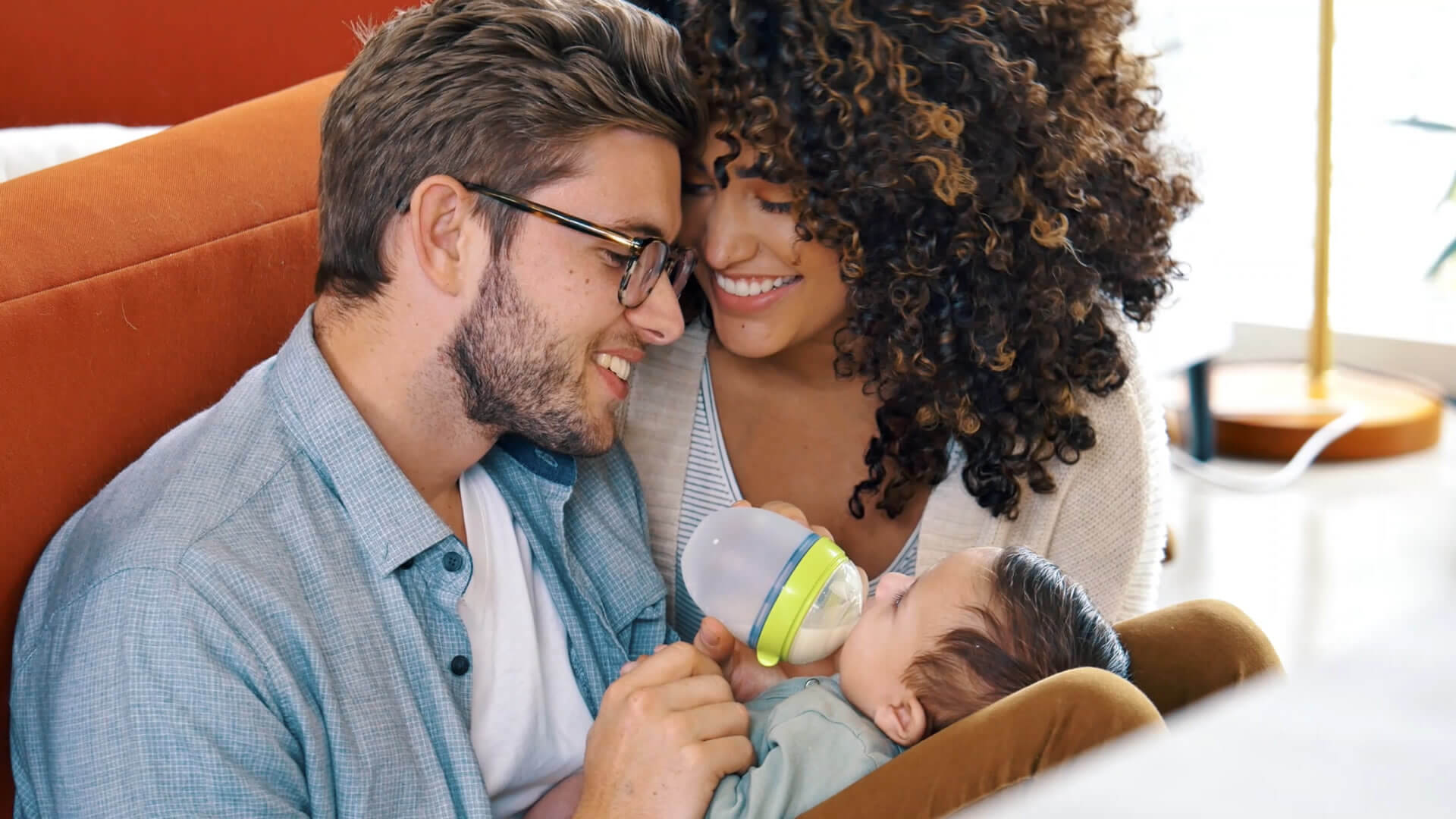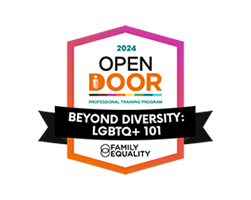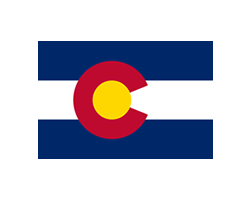Benefits of working with an agency versus a frozen egg bank
Egg donors today have many options when it comes to choosing who they want to work with for their donation cycle(s). There are agencies, fertility clinics with in-house donor programs, and frozen egg banks, which typically split eggs from a single donor into multiple cohorts that are sold to different intended parents.
There are many benefits to working with an agency like Egg Donor Solutions (EDS), which matches intended parents with compatible donors to help them create happy families. One of the primary benefits is that egg donors at EDS will have a direct legal agreement with their intended parents and the opportunity to consult with an attorney to ensure they understand and are comfortable with all aspects of the agreement.
Why choose EDS?
Attorney Lauren Gaydos Duffer has been partnering with EDS for nearly 10 years to draft legal agreements for donors and intended parents. She explains why it’s important for donors to work with a qualified agency.
“The protection an agency gives you cannot be replaced,” Lauren says. “When you go to a frozen egg bank, there is no direct communication or relationship with the intended parents. You lose the ability to have control over things that may be important to you, like the disposition of eggs and embryos, being notified when a child is born, and future contact with the intended parents.”
Lauren adds that with a frozen egg bank, donors usually do not know how many intended parents receive their eggs or if they have children. “When working with EDS, you can specify that only those intended parents [the ones the donor matched with] may use your eggs and any embryos created from them. Or, if you are okay with the intended parents re-donating unused embryos, you can have a say in how it’s done. Do you want to be notified in advance and be informed if another family is created?” Those are all things a donor can request be included in the legal agreement.
Lauren shares that she enjoys working with EDS because of the agency’s ability to relate to both donors and intended parents. “One of the things I love about EDS is that they have built a staff with people from both perspectives [former egg donors and intended parents]. They do a great job of educating both parties and understanding concerns from both sides because their team has lived those experiences.”
Katy Encalade, EDS Executive Director, adds, “We’re here to advocate for donors and intended parents, as well as the tiny humans who are created because of this process. When a donor expresses feelings a certain way, we are going to match her with intended parents who want the same things. We’re not going to match donors and intended parents with different philosophies on important issues because we want a successful outcome for everyone involved.”
Components of the legal agreement
No matter how a donor chooses to help create a family, Lauren recommends donors always have a direct legal agreement. At EDS, the process is very streamlined. Once the agreement has been drafted and reviewed by the intended parents with their attorney, it is shared with the donor and her attorney. Lauren says the donors she works with receive the agreement at least 24 hours prior to the consultation being scheduled to ensure they have ample time to review it.
“During the consultation (which is done via phone or Zoom), we go over the agreement in detail to make sure the donor understands everything she is agreeing to and that everything she expected to be in the agreement is included. If there is anything that needs to be addressed, I make sure it’s taken care of before the agreement is executed.”
There are many options for future contact that may be included in the agreement – from the donor being notified when a child is born to providing future medical or mental health information that could be applicable to a child to both parties registering with the Donor Sibling Registry.
Advice for donors
Lauren encourages donors to take their time during the legal process and ask questions regarding anything they are unsure about.
“Everyone gets excited during this process, which is understandable. But when you rush to get things started, you don’t always take the time to step back and think about the practical aspects of what you are agreeing to,” Lauren says. “It’s important for donors to read through the agreement in full before the legal review and make sure they are comfortable with the agreement before signing it.”
About Lauren Gaydos Duffer
Lauren has an extensive training and expertise in collaborative divorce, modifications, assisted reproduction, child custody, complex marital property division, pre- and post-marital agreements, and adoption matters. As a Family Law attorney, Lauren exhibits compassion and empathy to all of her clients who find themselves in difficult situations, while skillfully negotiating unique resolutions to meet her client’s needs both in and out of the courtroom. For more information, visit www.gaydosduffer.com.
We help Intended Parents Create Happy Families via Egg Donation & Surrogacy with the help of caring Egg Donors & Surrogates.
What is Egg Donation, Can I be an Egg Donor, Egg Donation Process, Common Egg Donation Questions, Becoming an Egg Donor, Qualifying as an Egg Donor, Egg Donation, Egg Donor process, Why to go through an agency?, Egg Donation Overview.








